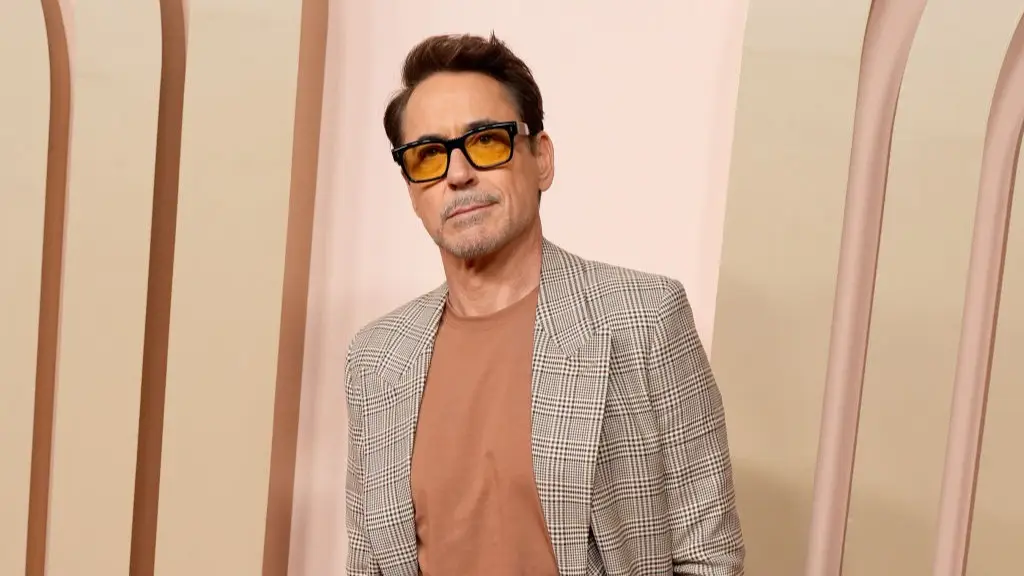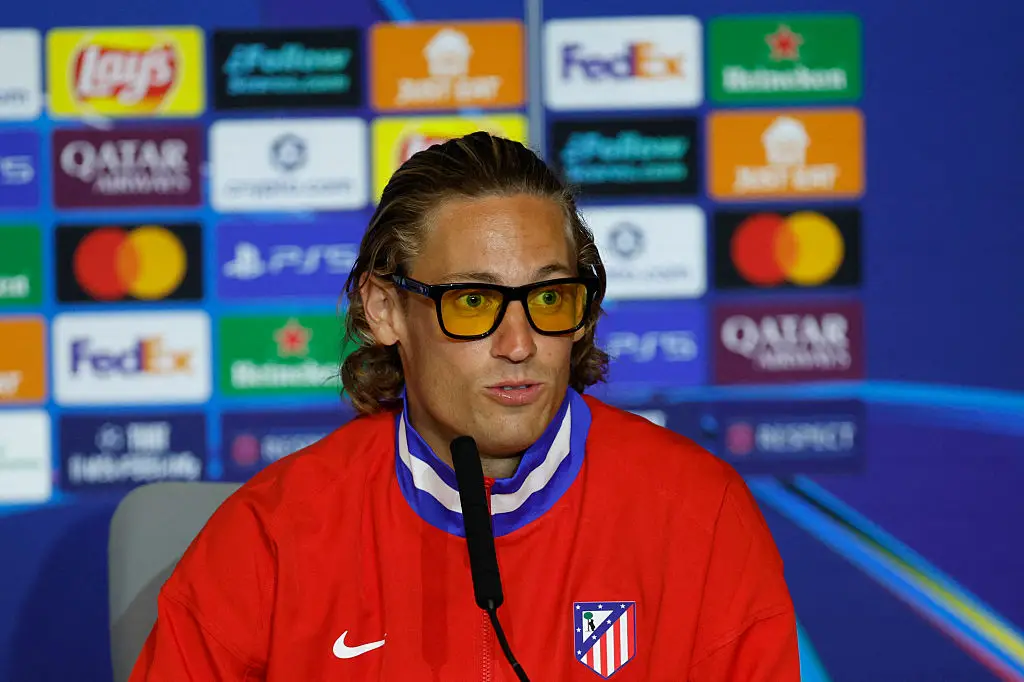
A scientist has outlined the truths and myths of wearing tinted glasses, and if people really need to wear them all the time.
You'll likely have seen the countless celebrities sporting red, yellow, or orange-tinted glasses while walking the red carpet, but what's all the hype about?
The likes Robert Downey Jr, Simon Cowell, or even Erling Haaland have been spotted wearing them in the past. They've been around for years, but after Atletico Madrid footballer Marcos Llorente penned a long post about the reason he sports the glasses on a regular basis, they're back in the news.
In a long post on Instagram, he claimed that he wears yellow-tinted glasses in the day while indoors and if there are fireworks going off outdoors at night, he uses his red-tinted glasses, all to protect from blue light, which he says can be 'toxic'.
Advert

The Spanish midfielder spoke about your retina and skin having receptors which detect light, and if you're exposed to light at night, you can 'alter your natural melatonin production', affecting your sleep and overall health, apparently.
So, how much of this is true?
It's believed that it can help you sleep deeper, work better, and feel better overall, but according to medical professionals, it may not be that hard to protect yourself from blue light exposure.
Do you need tinted glasses to avoid over-exposure to blue light?
Raj Maturi, M.D., an ophthalmologist at the Midwest Eye Institute, said to Men's Health that getting less blue light in the evening can help your body's internal clock as well as the release of melatonin, which then helps your sleep cycle.
According to the American Academy of Ophthalmology and Maturi though, all you need to do is dim artificial lights and turn night mode on your screens two to three hours before bed and you'll be set.
It may not look as cool, but you save money on a pair of glasses or two.
How credible is the research behind tinted glasses?
Andrew W. McHill, PhD, is an assistant professor in the Sleep, Chronobiology, and Health Laboratory at Oregon Health & Science University, and he says that tinted glasses could help, but they're not necessary.
The medical expert said that it may help you limit exposure, but the research behind their effects are quite flimsy. He even claimed that it's 'detrimental' for people to wear them 24/7, as getting daytime light, noth natural or artificial, can be goof to keep our brains awake and keep our body clocks in sync.
In fact, a 2024 study on over 88,000 people found that there's a link between higher daytime light exposure and a lower risk of dying in life.

Can you have too much daytime artificial light?
There is no evidence pointing to an excess amount of blue light exposure in the day being harmful according to Maturi, as Muriel Schornack, O.D., an optometrist at the Mayo Clinic, claims that blue light exposure could improve alertness.
McHill admitted though, that a six-hour doom scroll on TikTok or sitting at your laptop for too long can be detrimental to you health.
“Too much of one thing can always be bad,” he admitted. “Remember to blink."
According to the American Academy of Ophthalmology, you should try the 20-20-20 rule; every 20 minutes, look at an object 20 feet away for 20 seconds, to take discomfort away from the strain that screens put on your eyes.
Schnornack noted that different people may respond differently to tinted lenses, especially if some people are more light-sensitive or have specific conditions such as dry eye or migraines.